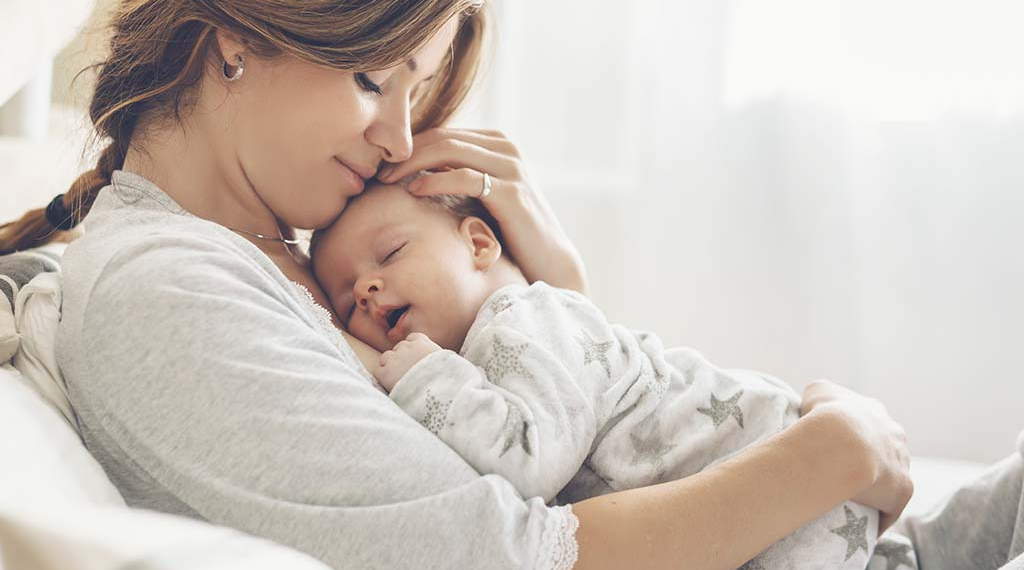[ad_1]
A woman becoming pregnant and going through 9 months of pregnancy is one physically and emotionally draining experience. However, after speaking to women who have given birth it is now more clear that many women suffer far more after giving birth.
Whilst, during pregnancy a woman takes responsibility for herself and the child growing in her womb, however, after giving birth she has a full-time duty toward the baby. Many of us take this lightly, however, the women who go through this understand the depth of this far more. Where she has physical pain to deal with, her experiencing an emotional cataclysm is extremely common. During such an upheaval time she requires active help, understanding, and the right tools in order to go through this debilitating process. Society, in my opinion, never truly puts attention on childcare as a full-time duty. It is not possible to continue your responsibilities whether it’s as a romantic partner, family member, or friend after giving birth. However, a lot of times the people close to you still hold the same expectations from you, which practically and realistically you cannot attribute in the same way. On the other hand, the changes transpiring in a mother’s life after giving birth are temporary. It is a matter of acknowledging this factor and giving her the time, attention, and care she desperately needs in order to get through this. Bringing life into this world is one of the most beautiful and blessed situations to be in. Therefore, allow the mother to enjoy this time without feeling let down or disappointed with her loved ones or herself because she’s not attending to them like before her pregnancy.
Couples and Pregnancy
Most of the women spoke about the father of their child when it came to this topic. Though, the following does not apply to all men, however, such issues dubiously exist and women are facing them. Regardless of how strong your romantic situation was with your partner, it is inevitable for changes in the relationship to ensue. As a result, honest, genuine, and clear communication is required between the couple to ensure emotional understanding is maintained. While it may be challenging to balance life for some time it is still vital the two people in the relationship try to make some time for each other and build a deeper understanding. As a result of changed roles due to becoming ‘mother’ and ‘father,’ it can be time-consuming to take care of the newborn but also stressful in many ways. With gentle communication, the couple can make this a more enjoyable process. Acknowledging that the changes occurring are mostly temporary can help get through the changes better.
Read: Women’s Mental Health: There is No Shame in Caring About YOU Enough
Women’s health and pregnancy
Furthermore, this is especially important due to Postpartum Post-traumatic Stress Disorder and postnatal depression, which statistics suggest 1 in 10 women experience after giving birth. As a result of sleep loss (an average of 109 minutes per parent for the first year), the repercussions of emotional distress upon the new mother are even more profound.
During the early postpartum period, estrogen levels drop. In addition, this drop is associated with an increase in an enzyme called monoamine oxidase A. This enzyme is responsible for the breakdown of neurotransmitters such as serotonin, dopamine, and norepinephrine. These hormones and in particular serotonin are associated with emotional feelings, sleep cycle, and appetite. Low serotonin can accentuate feelings of sadness, fatigue, and anxiety more. Simultaneously, progesterone levels drop significantly, which again is associated with emotional feelings such as sadness and anxiety. Due to the increase in the stress hormone: cortisol, postpartum thyroid issues can be caused.
Making these possible diagnoses normal and destigmatizing them may allow mothers to accept diagnoses when suffering from such conditions. This should therefore allow help-seeking to become more common and acceptance that these changes within the mother are normal and most importantly temporary. Judging yourself to be a bad mother or family member or friend can be common but not right. During these temporary circumstances the mother acknowledging that her not feeling herself is completely normal and for her to take space and time should be generously and understandably given.
In addition to emotional changes, physical body changes are inevitable. The pressure to bounce back and lose all the weight gain can be detrimental. However, mothers taking their time to reacquaint their bodies must be normalized. Accepting and loving their bodies in the process is vital. Glorifying mothers who bounce back within weeks is not normal and the second is extremely unrealistic. The physical recovery after birth being slow is safer for both the mother and the newborn.
Read: Infertility And Mental Health – A Tangled Connection
How you can help a woman Get Through Pregnancy?
- Understand that what may be practical and right in your opinion at that moment does not have to be right for her. Give her the time and space to process and in the meantime acknowledge her emotions. In addition, during such a sensitive time a woman, who is going through a plethora of emotions, will be acting in ways highly influenced by her emotions and therefore in such situations understand it is not about being right but being there for her.
- An overwhelming amount of feelings will be going through her, therefore, allowing her a safe environment to share her emotions. Be a shoulder for her to rest on, cry on, and a keen ear to listen to what she’s got inside instead of allowing that to accumulate and instead be expressed in ways not meant.
- Emotional support is what she truly needs.
- Letting her know that you understand what she’s going through and you are there for her.
- Look out for symptoms of PTSD.
- Help reduce physical labor on mothers.
[ad_2]




